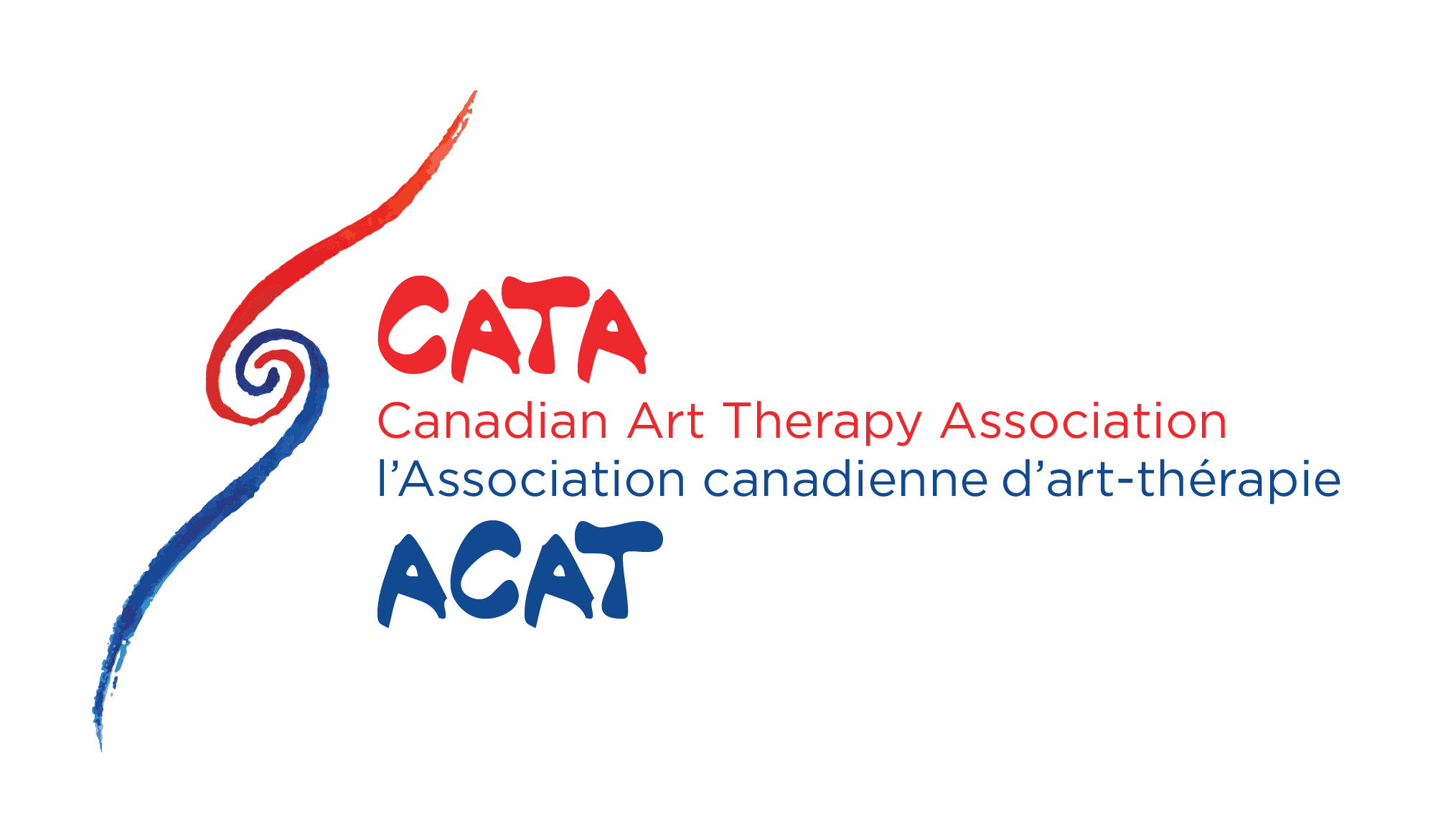There are two routes to registration through the standard application and the short application. The standard application route is for the majority of professional members who have completed the necessary requirements. The short application route is for registered art therapists in international associations.
Standard Route Short Route Lapsed Route
Standard Route
These are the flowing requirements for Standard route applicants. Standard applicants must:
Have graduated from one of the designated art therapy schools.
Be a professional member of CATA for at least six months prior to applying.
Completed 1000 direct client hours - face-to-face art therapy, this does not include note-taking, set-up/take-down of a session or meetings. A maximum of 200 volunteer hours may be used towards the 1000 direct client hours, as long as they maintain the standards of practice.
Completed 50 supervision hours within the following categories:
Minimum 20 hour of individual supervision by an RCAT or equivalent supervisor.
Minimum 10 hours of group supervision by an RCAT or equivalent supervisor.
20 hours of combination of the individual or group supervision by RCAT or equivalent supervisor.
Within this number a maximum of 10 hours can be provided by a registered mental health supervisor who meets the standards in their profession's regulatory body. NOTE: CATA has recognized that in some cases supervision is received from another regulated professional.
Provide supervisors with reference form link, these are to be completed by the supervisor and sent direct to the registrar.
Provide 5 art therapy related professional development completed in the last 3 years. Professional development could be reading books or articles related to your practice, attending conferences or workshops or webinars. CATA would like to see that you are taking an active role in your professional development.
Provide 3 professional references with the form link, these are to be completed by the professional reference and sent directly to the registrar. A professional reference is someone who knows you in a professional manner such as a colleague of another profession or a manager. A professional reference is not a client or client’s parent or guardian.
Provide proof of liability insurance.
Provide proof of art therapy training in the form of a digital upload of your certificate or diploma.
If applicable, Private Practice Character Reference. This is a reference for work specifically related to your private practice, for example another professional who provides referrals, who has hired you to run groups or workshops, who shares the same office space with you or who knows your private practice work in some way. This is not a client or a client’s parent or guardian.
If you interested in starting you RCAT application the form is below. This form can be updated as you move along your process to become an RCAT.
Applications are reviewed 3 times a year: September 30; January 30 and April 30.
To help the applicant the following Google Spreadsheet Template has been created for the personal use of tracking the required items. Open the spreadsheet and make a copy to be used. There are two tabs in the document to be used. Note: This is only a tool and does not replace the official application.
RCAT Direct Client Hours, Supervision Hours and Professional Development Tracking Tool
Application Process RCAT FAQ About RCAT
Short Route
These are the flowing requirements for short route applicants. Applicants eligible for the short route application are already members in good standing with another national or international association. These associations are: British Columbia Art Therapy Association, the Ontario Art Therapy Association, the Art Therapy Credentials Board, British Association of Art Therapists or Australian, New Zealand and Asian Creative Arts Therapies Association.
Short applicants must:
Provide proof of registration with another association.
Provide proof of liability insurance.
Provide proof of art therapy training in the form of a digital upload of your certificate or diploma.
Provide 3 professional references with the form link these are to be completed by the professional reference and sent directly to the registrar. For the short application: one reference must be a current or former supervisor and the other two must be from registered art therapists.
If you interested in starting you RCAT application the form is below. This form can be updated as you move along your process to become an RCAT.
Applications are reviewed 3 times a year: September 30; January 30 and April 30.
Application Process RCAT FAQ About RCAT
Lapsed RCAT Route
These are the flowing requirements for the previous RCAT members whose membership has lapsed. Lapsed RCAT applicants must:
Have graduated from one of the designated art therapy schools.
Be a professional member of CATA for at least six months prior to applying.
Provide 5 art therapy related professional development completed in the last 3 years. Professional development could be reading books or articles related to your practice, attending conferences or workshops or webinars. CATA would like to see that you are taking an active role in your professional development.
Provide 3 professional references with the form link these are to be completed by the professional reference and sent directly to the registrar. For the lapsed membership application: one reference must be a current or former supervisor and the other two must be from registered art therapists.
Provide proof of liability insurance.
Provide proof of previous RCAT status, either uploaded expired membership card or original Certificate of Registration or Confirmation Letter.
Provide details of Art Therapy Work in the categories of Self-Employment and/or Employment.
If you are interested in starting your RCAT application, for lapsed members the form is below. This form can be updated as you move along your process to re-apply for RCAT status.
Applications are reviewed 3 times a year: September 30; January 30 and April 30.

